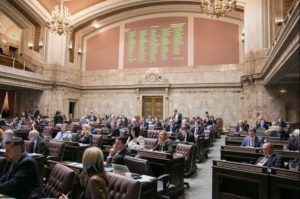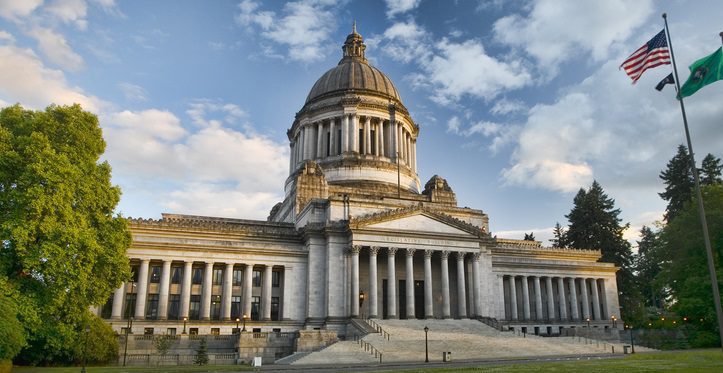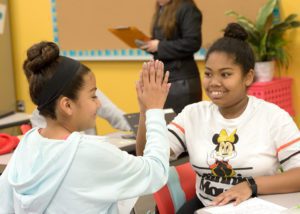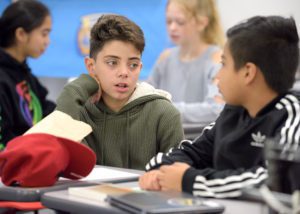UPDATED – 2020 Washington Legislative Session Recap
By League of Education Voters Policy Team
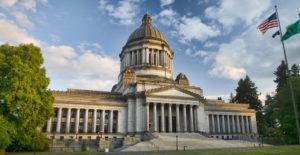 The end of the 2020 legislative session saw the legislature and other state leaders working rapidly and tirelessly to address the spreading COVID-19 pandemic in our schools and communities. We are incredibly grateful for the efforts of our public officials and public servants in these uncertain times to ensure that our communities are safe, and our most impacted students and families get the support they need.
The end of the 2020 legislative session saw the legislature and other state leaders working rapidly and tirelessly to address the spreading COVID-19 pandemic in our schools and communities. We are incredibly grateful for the efforts of our public officials and public servants in these uncertain times to ensure that our communities are safe, and our most impacted students and families get the support they need.
The 2020 legislative session was a short, 60-day session, where legislators worked on a supplemental budget to the 2019-2021 biennial budget passed in 2019. While there were many robust debates and promising proposals regarding education investments leading up to the end of session, the need to prioritize investing in the response to COVID-19 and prepare for potential impacts on our economy, families, and healthcare system took precedent in the final budget. You can read our summary of the final 2020 supplemental budget here. Unfortunately, due to the COVID-19 crisis and growing economic impacts by the time of budget signing, the Governor had to make the difficult decision to veto a number of budget items that were passed by the Legislature.
During the 2020 session, League of Education Voters pursued policy priorities in four issue areas: early childhood education, student supports, special education, and local K-12 funding. Read More
